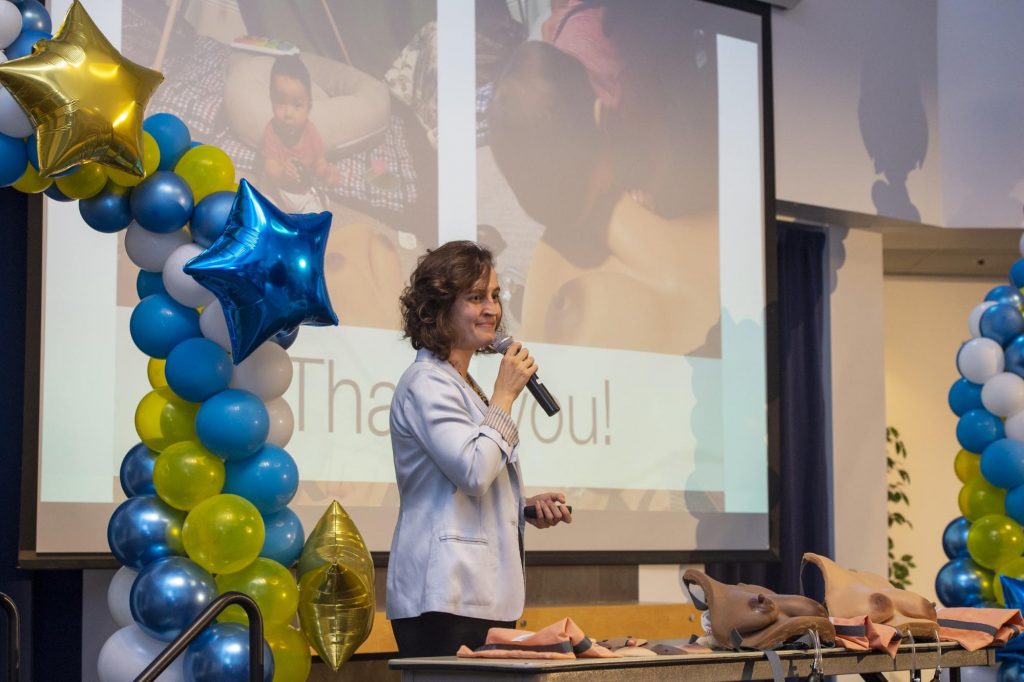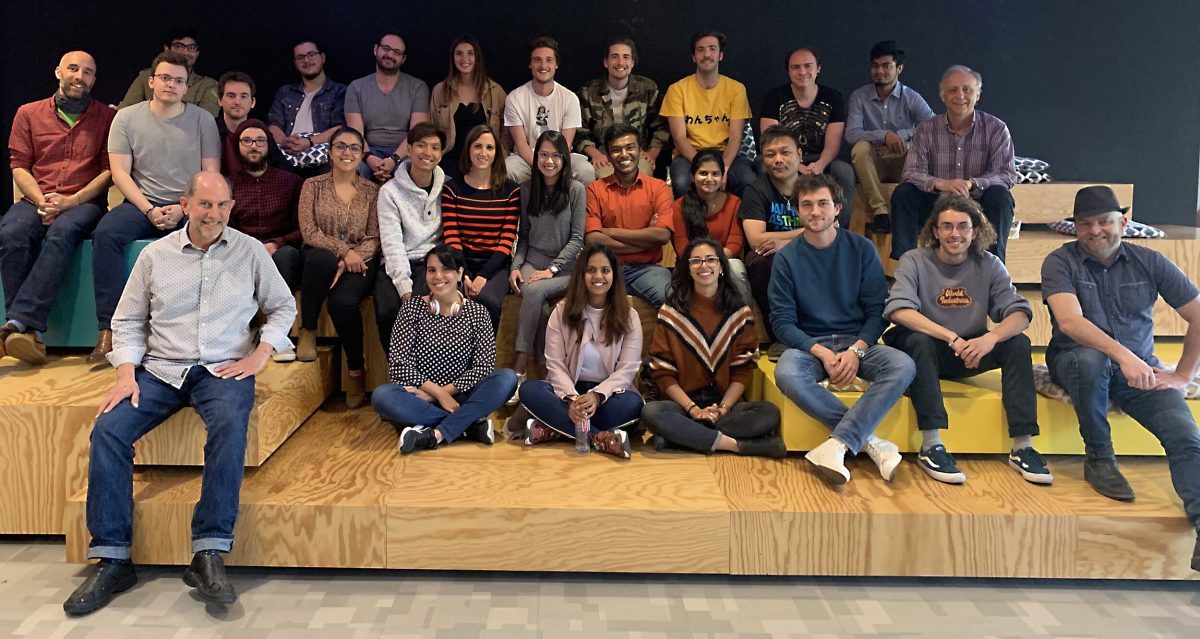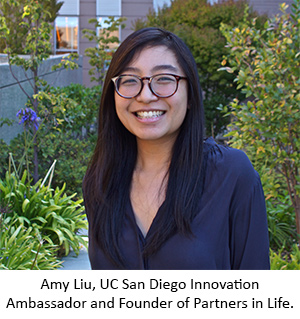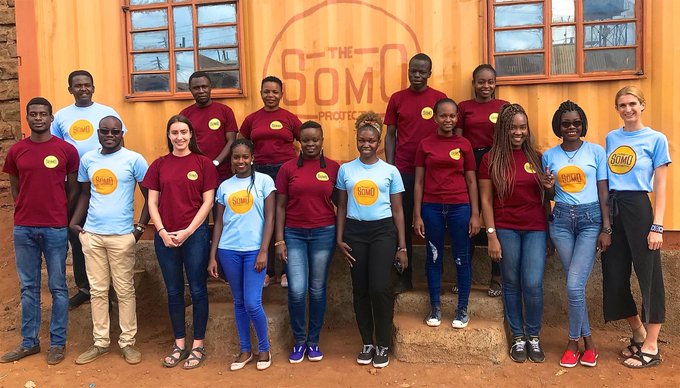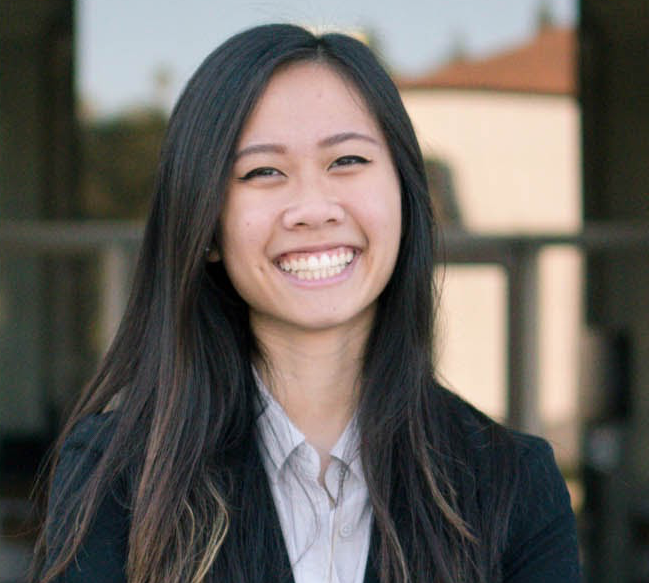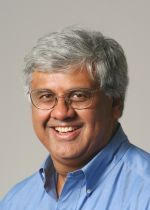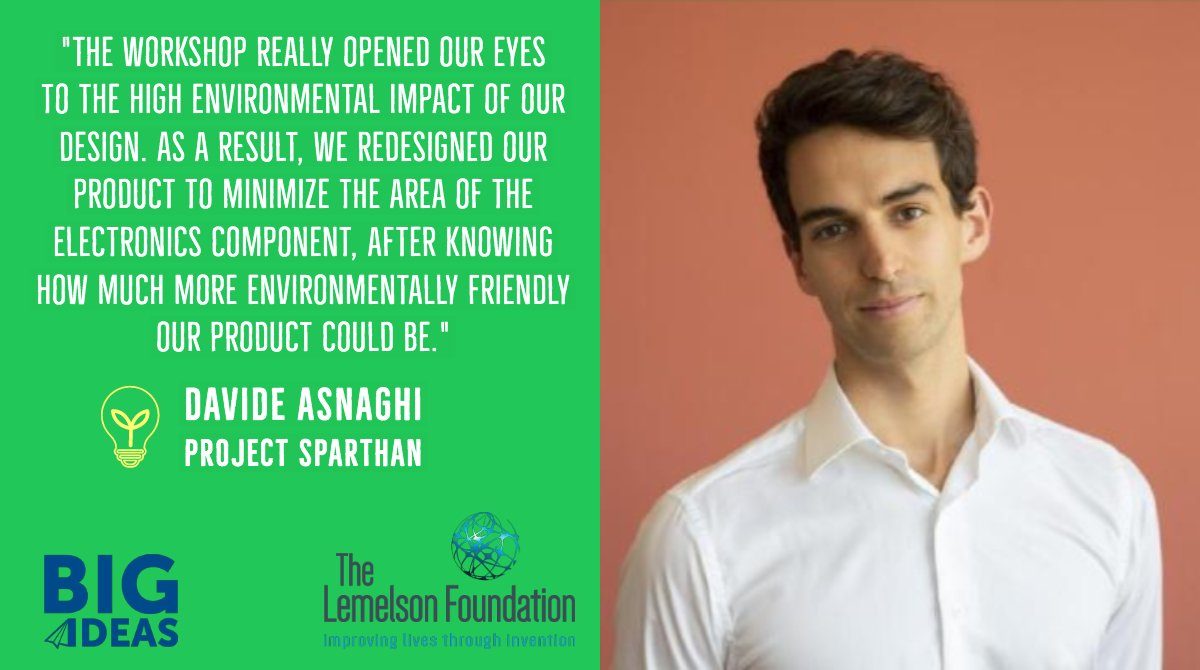Global poverty has dramatically declined, with the share of people living on $2 a day or less dropping by over 75% since 1981. Yet many Americans remain unaware of these gains. At UC Berkeley’s Blum Center, students are tackling global poverty and inequality through innovation, education, and impactful fieldwork, fostering hope for progress.
In a recent poll from Oxford University’s Our World in Data, a majority of Americans said that the share of the world population living in poverty is increasing—yet one of the trends of the last 50 years has been a huge reduction in global poverty. In fact, per World Bank data, the proportion of the Earth’s population subsisting on about $2 a day or less has dropped by more than 75 percent over the last four decades—from 42 percent in 1981 to 10 percent in 2015.
Just as remarkable, annual worldwide deaths of children under 5 have plummeted since 1990. Thanks to health interventions in respiratory infections, diarrhea, and preterm birth as well as massive success in vaccinations for measles, tuberculosis, and malaria—global child death rates have dropped by more than a half. We also are approaching 90 percent adult literacy and seeing large gains in girls’ education.
So why are so many Americans unaware of these tremendous global gains?
One reason is that whereas poverty, health, and educational outcomes are improving in developing nations, in the U.S. poverty shot up to 1960s levels in 2009 and the cost of health, housing, and higher education is thwarting socioeconomic mobility for too many Americans. The regional, racial, and class details of this phenomenon are constantly in the news. In fact, in America— thanks to our always-on, click bait media—we are drowning ourselves in bad news.
Yet here on the UC Berkeley campus and at the Blum Center, we find students are not just well informed—many are brimming with hope and commitment to continue to fight extreme poverty in developing nations and to reduce inequality and work for social and economic justice in the United States. We also finding that in addition to students lending their energy and intelligence to established organizations, some are seeking to form news ones through startups and through incubators and accelerators like Big Ideas, CITRIS Foundry, and Skydeck.
There is also growing understanding among Blum Center faculty, staff, and students that higher education must adapt to the future of work. As my good friend Carnegie Mellon University President Farnam Jahanian pointed out in a recent World Economic Forum article, “There is an undeniable need to train the next generation in emerging digital competencies and to be fluent in designing, developing, or employing technology responsibly. At the same time, 21st-century students must learn how to approach problems from many perspectives, cultivate and exploit creativity, engage in complex communication, and leverage critical thinking.”
In this issue of the Blum Center’s Innovation Chronicle, we invite you to read about students combining these skills sets for a fairer planet. Please read about Kaloum Bankhi, a sustainable housing organization in Guinea led by Big Ideas winner and recent UC architecture graduate Aboubacar Komara. We also have an article about the forest economics research group led by Professor Matthew Potts, who is Vice Chair of the Graduate Group in Development Engineering. And we invite you to listen to our Global Poverty & Practice students about their poverty action fieldwork in the Philippines, San Francisco, India, and Colombia.
All their efforts, combined with the larger story of global poverty reduction, make me think that 2020 is a year for great hope and hard work for global progress.
Shankar Sastry is Faculty Director of the Blum Center for Developing Economies and NEC Distinguished Professor of Electrical Engineering and Computer Sciences at UC Berkeley.
